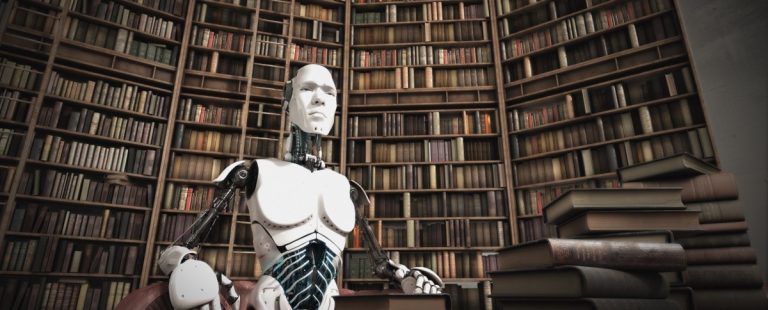
An Artificial Intelligence (AI) and machine-learning robot is consistently outdoing 80 percent of its human peers in University of Tokyo’s (Todai) entrance exams, alarming its Japanese creator.
In mathematics, the robot from the Todai Robot Project is in the top one percent, according to the BBC.
Professor Noriko Arai, who spent years training the robot to do exactly that, says the results call for a reform of the education system today.
“You might think I was delighted, but I was alarmed,” she said during the Our Robotic Overlords session at a TED (Technology, Entertainment and Design) conference in Vancouver, Canada, this week.
“This robot, which could not read or understand, was able to outperform thousands of high-school children. How on earth could this unintelligent machine outperform students, our children?” she asked, as reported by TED Blog.
“AIs can do that better, so we need a new type of education.”
Noriko Arai: Todai Robot came in Top 1% of written math test and Top 20% overall of Tokyo University applicants. #TED2017 pic.twitter.com/hIzfMjxQs0
— Deven Billimoria (@DevenBillimoria) April 26, 2017
Arai was referring to the way most students are rote-learning their subjects, by absorbing knowledge “without understanding”; one-third even miss simple questions. Robots, however, are memorising better than humans, according to the mathematician at Japan’s National Institute of Informatics.
Arai leads the Can a Robot Get into the University of Tokyo? project (Todai Robot Project, in short) set up in 2011 to find out whether AI could outperform humans and ultimately, replace them in their jobs.
The team develops computer programmes to pass University of Tokyo’s tough entrance exams by 2021.
Last year, one of the project’s robots failed to achieve a 50 percent score that researchers were aiming for in the country’s standardised university entrance exam, as reported by Japan Times. However, Arai pointed out during the TED session the same robot still qualified for 60 percent of Japanese universities and was among the top 20 percent of all students in the first stage of the standardised national test.
https://twitter.com/KarenBlumberg/status/856942957710249985
During the session, Stuart Russell, a professor of computer science at University of California, Berkeley (UC Berkeley), said machines would soon read everything humans had ever written.
Russell, who is creating “Human-Compatible AI”, also laid down three basic principles in the rules that humans would need to start devising for robot-human relationships:
- The robot’s only objective is to maximise the realisation of human values
- The robot is initially uncertain about what these values are
- Human behaviour provides information about human values
“If a robot’s job is to feed hungry kids and it sees the family cat, but doesn’t see the sentimental value of the pet is greater than its nutritional value, that could singlehandedly destroy the market for home robots,” Russell told the TED audience.
“The purpose of AI is to empower and augment us.”
Liked this? Then you’ll love these…
Number of tech-savvy student cheats on the rise in UK – experts
Delhi Technological University student receives job offer from tech giant Uber







